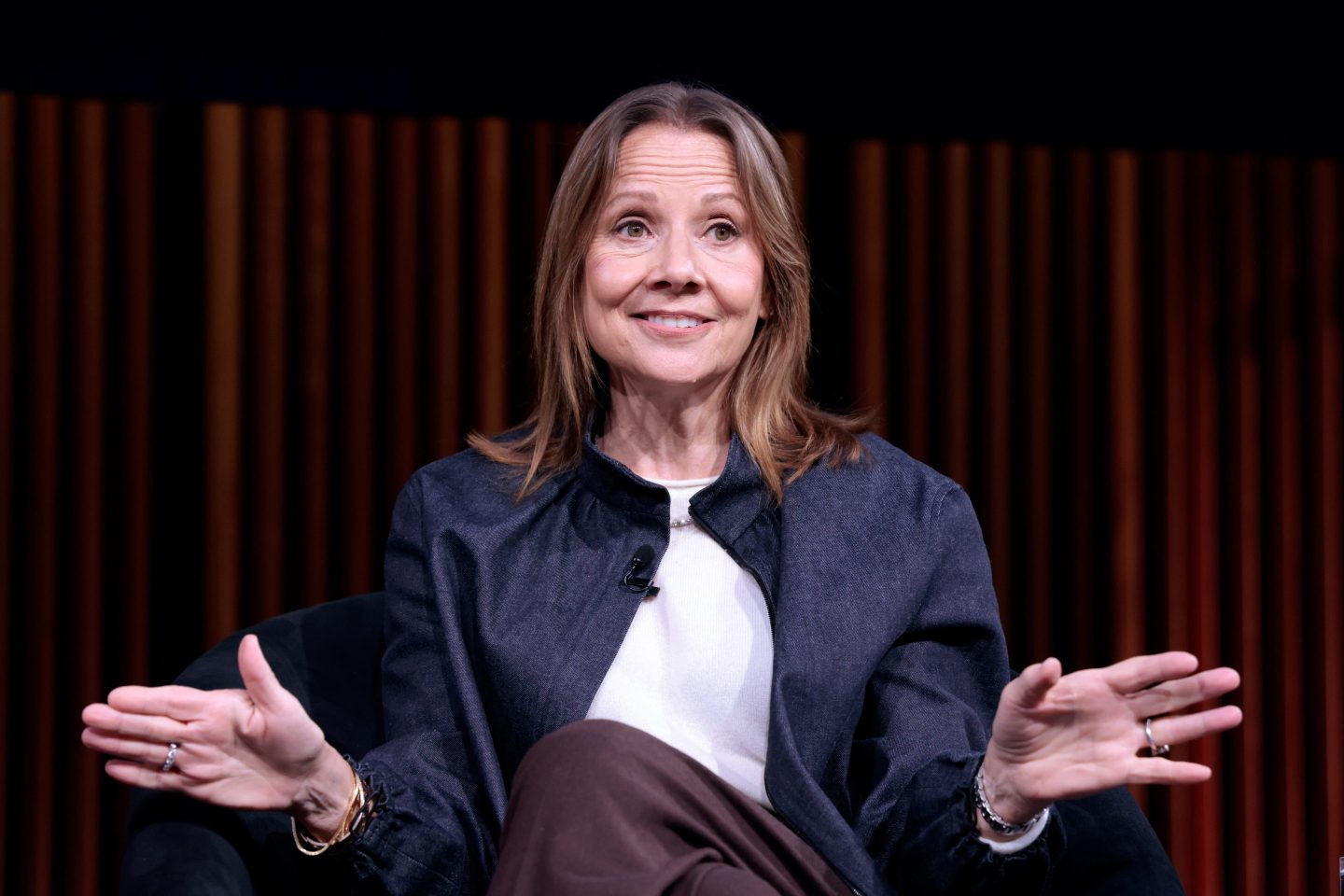Trust is fundamental to all banking services. Banks act as safe houses for customer funds, issuers of credit, and guarantors for new business partners. Yet despite trust serving as the cornerstone that the banking industry is built on, Acting Comptroller of the Currency Michael Hsu doesn’t think customer faith can be taken for granted.
“Trust can be defined as ‘the willingness of a party to be vulnerable to the actions of another,’” Hsu told attendees at the Woodstock Institute conference in June.
“Implicit in this definition of trust is the concept of power: The trusted party has power over the trustor. Through this lens, it is easy to see why fairness and justice are so critical to trust, and why trust is so hard to earn and so easy to lose.”
Hsu worries banks are falling short of their obligation to provide just and fair services to customers, which is a trend that could put the industry “at odds with trust, growth, and democracy.”
To monitor the state of trust in the banking sector, the Office of the Comptroller of the Currency has proposed conducting an annual survey that aims to “establish a rich set of data points and measurements capturing trends in and drivers of the consumers’ trust in banking,” Hsu said. The survey would in turn inform policy making from the regulator, as well as bank products and services.
But, according to outside observers of the industry, trust in banks is hard to erode. An April report from business intelligence company Morning Consult found that 70% of consumers trusted banks to “do what is right,” even after the collapse of three regional banks in early March. In fact, Morning Consult says trust in banks actually increased after the bank failures.
“After the bank collapses, a lot of people’s trust in their own institutions stayed consistent, or even increased, because they were very glad that it wasn’t their bank,” says Jaime Toplin, financial services analyst at Morning Consult.
“Trust in the industry of financial services is really consistent across the board. Since 2021, it’s really hovered largely around the same level, and I think that that’s partly because these relationships are very long-lasting with people,” Toplin says.
It’s not that consumers simply trust banks because there aren’t any alternatives. According to the report, only 47% of neobank users—digital-only financial service companies that provide some range of banking services—trust their institutions to “do what is right,” suggesting entrants in the space have a steep uphill battle in winning customers away from traditional banks.
Again, Toplin says the likely reason people have less trust in neobanks is because they’re newer. People are less familiar with the functions of neobanks and less certain of their longevity. Moreover, across the financial industry sectors, Toplin says, trust in digital-first services is lower than in traditional institutions.
That time advantage enjoyed by banks does make it harder for neobanks and other services to break into the market, especially when trusted traditional players can launch their own digital products to rival the upstarts. Breaking into the industry, Toplin says, requires neobanks to “play up to consumer needs.”
“But it’s challenging because [neobanks] have to convince consumers that another type of institution is reliable and will do the same thing as the [traditional] industry they’re accustomed to,” Toplin says.
Next week, I’ll be talking to one of these neobanks to find out exactly how it’s met that challenge to convince customers to trust traditional banking alternatives.
Eamon Barrett
eamon.barrett@fortune.com
IN OTHER NEWS
Rebel, rebel
Harvard Business School has placed one of its most celebrated professors, behavioral scientist Francesca Gino, on leave after an internal investigation into accusations that she had falsified her research. Gino’s research deals almost exclusively with "dishonesty" and, in a book titled Rebel Talent: Why it Pays to Break the Rules At Work and Life, the professor proposes that troublemakers are the real innovative leaders.
Make it 100
Uninsured depositors played a “major role” in the failure of three banks earlier this year, says Lawrence J. White, professor of economics at the NYU Stern School of Business, in a Fortune op-ed. “The best way to address this problem is to eliminate this source of instability: extend deposit insurance to all deposits and depositors, regardless of amount,” White says. But 100% deposit insurance might be a hard pill to swallow.
Dark money
Corporations increasingly face risk from their political spending, says Allison Herren Lee and Bruce Freed in this Fortune op-ed, but not due to allegations of corruption. Rather, the authors say, the risk comes from political spending that “winds up in perceived conflict with their public stances.” The use of “dark money” groups only heightens this risk, when the lack of transparency leaves companies with little oversight of where their funds actually go.
NDA
TikTok is awash with career advice from young thinkers, but not all of the most popular ideas are good ones. Recently a video advising job seekers to explain away gaps in their resume by claiming they signed a nondisclosure agreement and can’t talk about that time has gone viral, but Fortune’s Orianna Rosa Royle explains why employers are likely to see through that lie.
TRUST EXERCISE
A recent survey from management consulting firm Gartner finds that slightly over half (54%) of job candidates say they trust the organizations to which they’re applying to be honest during the hiring process. Even more concerning, 44% of survey respondents say they’ve accepted a job offer only to change their minds later.
That's Amber Burton, writing in Fortune's CHRO Daily newsletter. Failing to build trust among potential recruits, Burton says, results in fewer accepted job offers and shorter retention among new workers.
Learn how to navigate and strengthen trust in your business with The Trust Factor, a weekly newsletter examining what leaders need to succeed. Sign up here.












